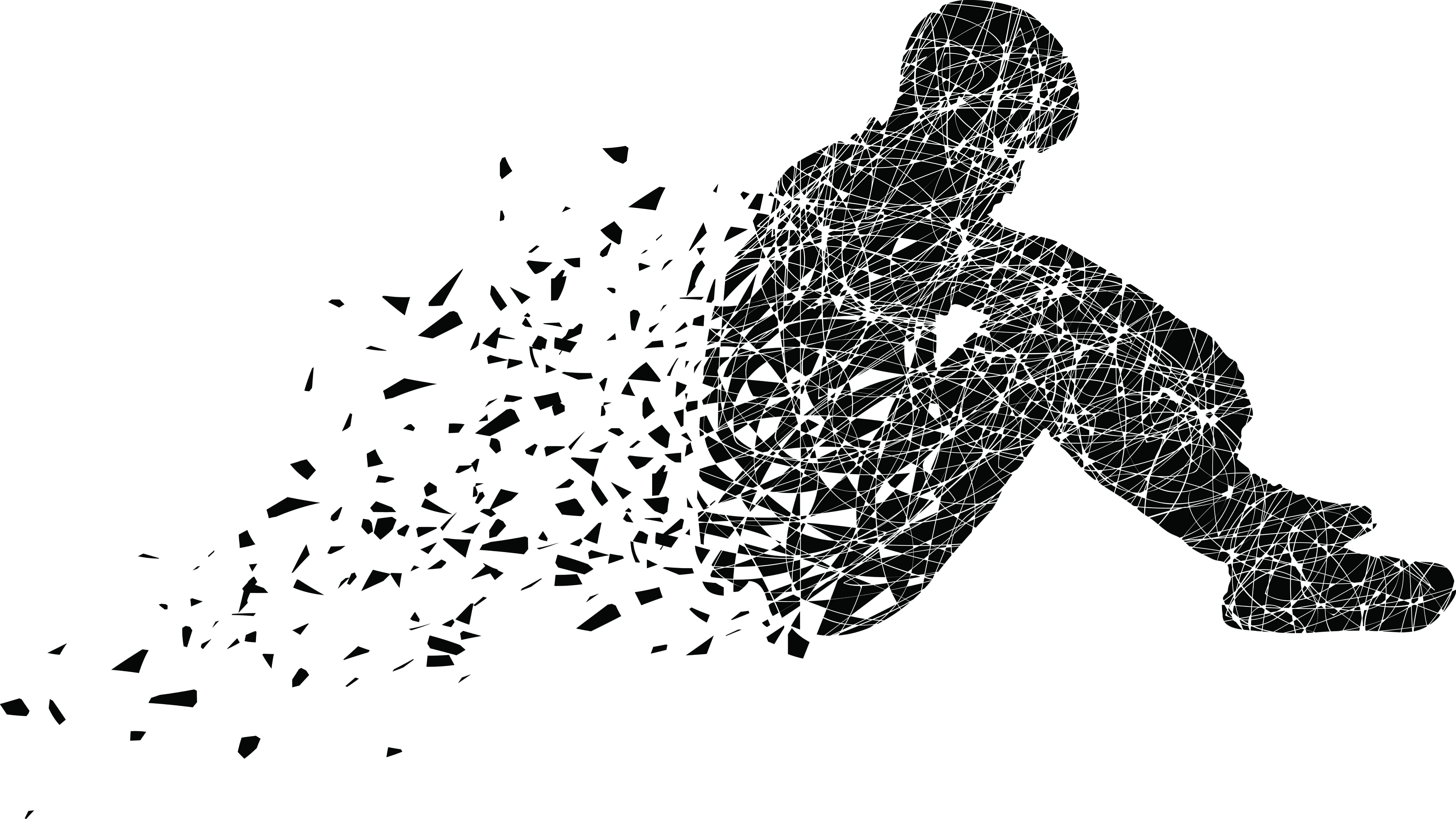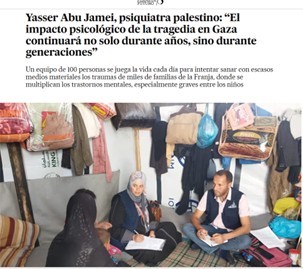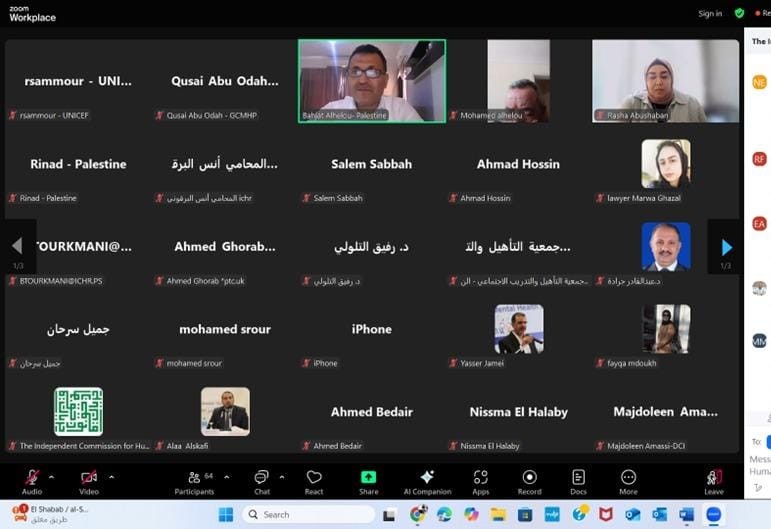
“Jamal turns the tide in his battle against depression”
Jamal is a young man who was leading a wholesome life with his family in Rafah Town. He had his dreams and future plans and was working hard towards achieving them.
The 22-year-old carpenter toiled day in, day out for years in his small workshop as he aspired to expand his business and to be a success in the carpentry market. He was also planning to marry the woman he loved and start his own family.
Unfortunately, life came crashing down all of a sudden. His father abandoned the family and left the country for good; his brother was jailed in Israel and his fiancée left him, and to top it all he was shot in the leg during his participation in the ‘Great March of Return’, near the border fence between Gaza and Israel.
The impact of these events was very profound, but the trauma he suffered after being injured took a heavy toll on his psychological wellbeing. He was suffering from excruciating pains, felt restless and was unable to move or to pursue his career. As a result, he was unable to sleep well, had nightmares, became isolated and developed severe depression symptoms.
As soon as Jamal was identified by GCMHP’s Crisis Intervention team identified, they visited him and provided him with PFA. The team noticed symptoms of depression so they decided to refer him to a higher intervention level at a GCMHP clinic.
The psychologist at the clinic to which he was referred identified severe depression symptoms such as irritability, bad sleep, self-blame, isolation, bad moods, loss of appetite and sadness. Thus, she put a plan to work with the young man and help him cope with these tough challenges.
After four months of working on this “challenging case”, as she put it, Jamal significantly improved.
“The young man has noticeably improved,” the psychologist said.
“Some of the depression symptoms have disappeared. Now he can manage his anger, his mood improved, he eats well and he socializes better with the community,” she added.
Depression is one of the most common challenges in the Gaza Strip due to the complicated political and economic situation. To most families it is an unsolvable problem. Once a family member develops depression, all family members experience distress, as they don’t know how to handle the situation.
“Most people think of depression as the end of the world. No, it is not, though it might look as such to the lay people,” the specialist said, encouraging people to feel free to ask for psychosocial support.
She explained how she and her colleagues work with people who suffer from depression or other psychological problems. “We use the person-centered approach. That is to say that we do what is in the best interest of the person. We use different tools and techniques to help the client help himself.”
“Individual sessions were used with Jamal. These included a set of techniques that aimed at helping him identify his inner resources to cope with his challenges, enhancing his strengths and recognizing his weaknesses,” she said, adding that she also worked with his family and friends to keep them in the loop so as they can support him.
(Jamal is an invented name we used in the story for the sake of the client’s confidentiality)




Read Comments
Steven Rich
March 10, 2019Omnis iste natus error sit voluptatem accusantium nam libero tempore, cum soluta nobis est eligendi optiocumque nihil impedit quo minus id quod maxime.
Van Wimbilton
March 10, 2019Natus error sit voluptatem accusantium nam libero tempore, cum soluta nobis eligendi optio cumque nihil impedit quo minus id quod maxime.